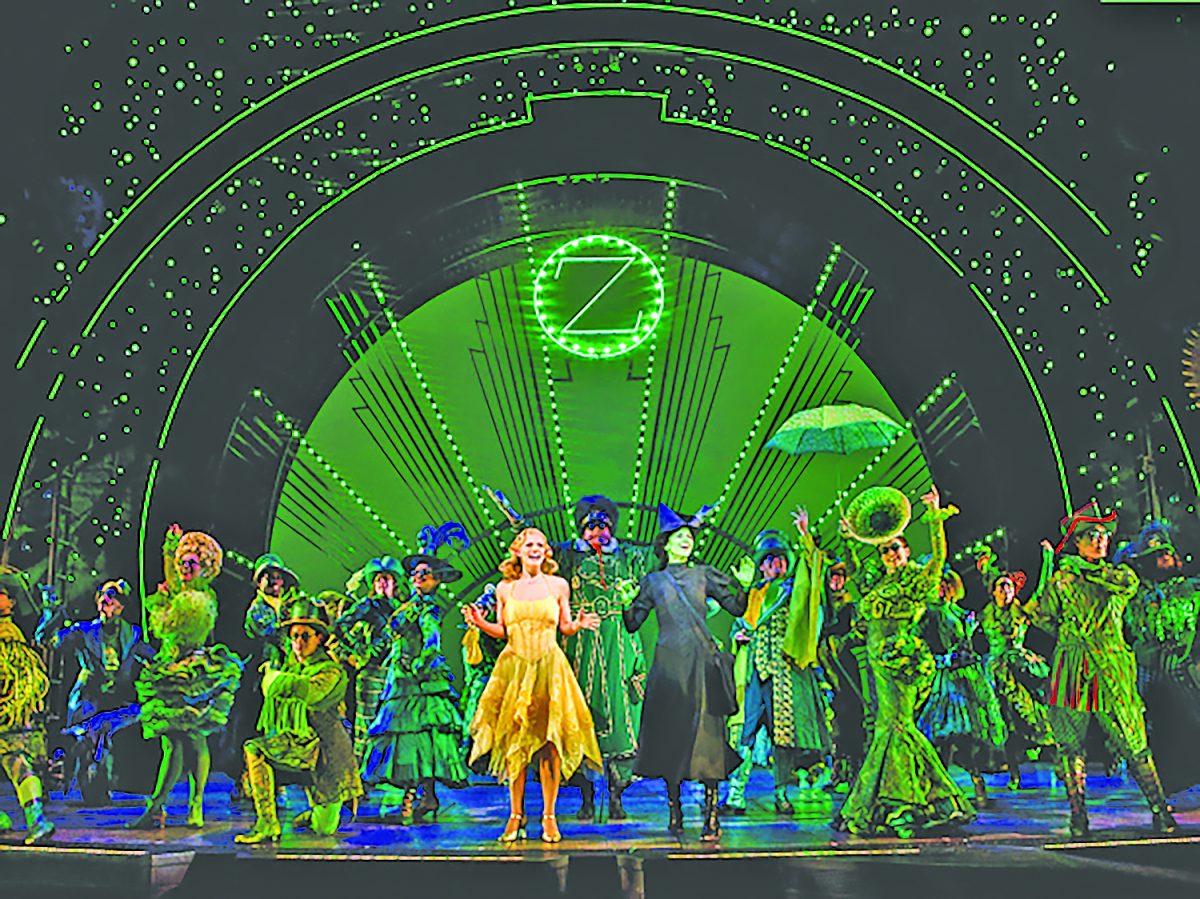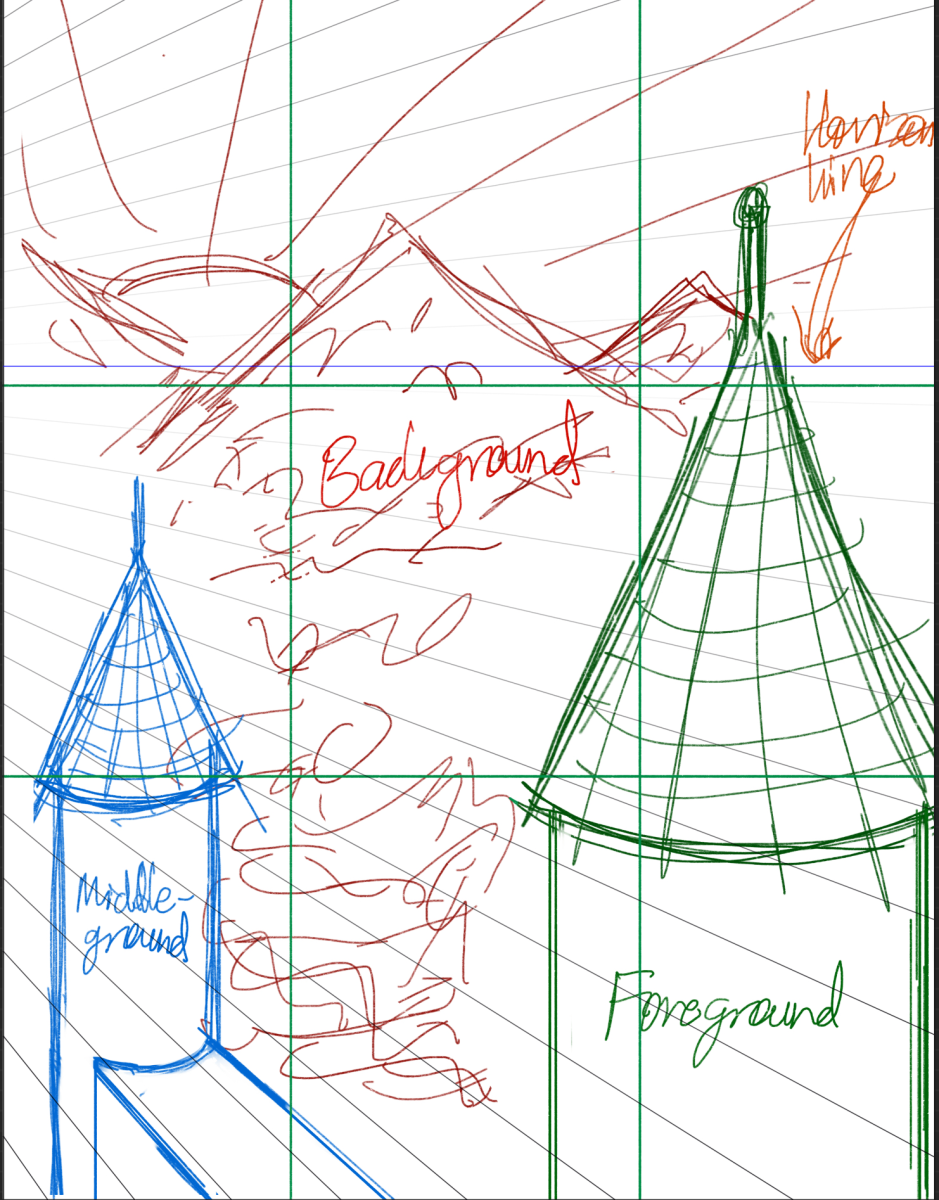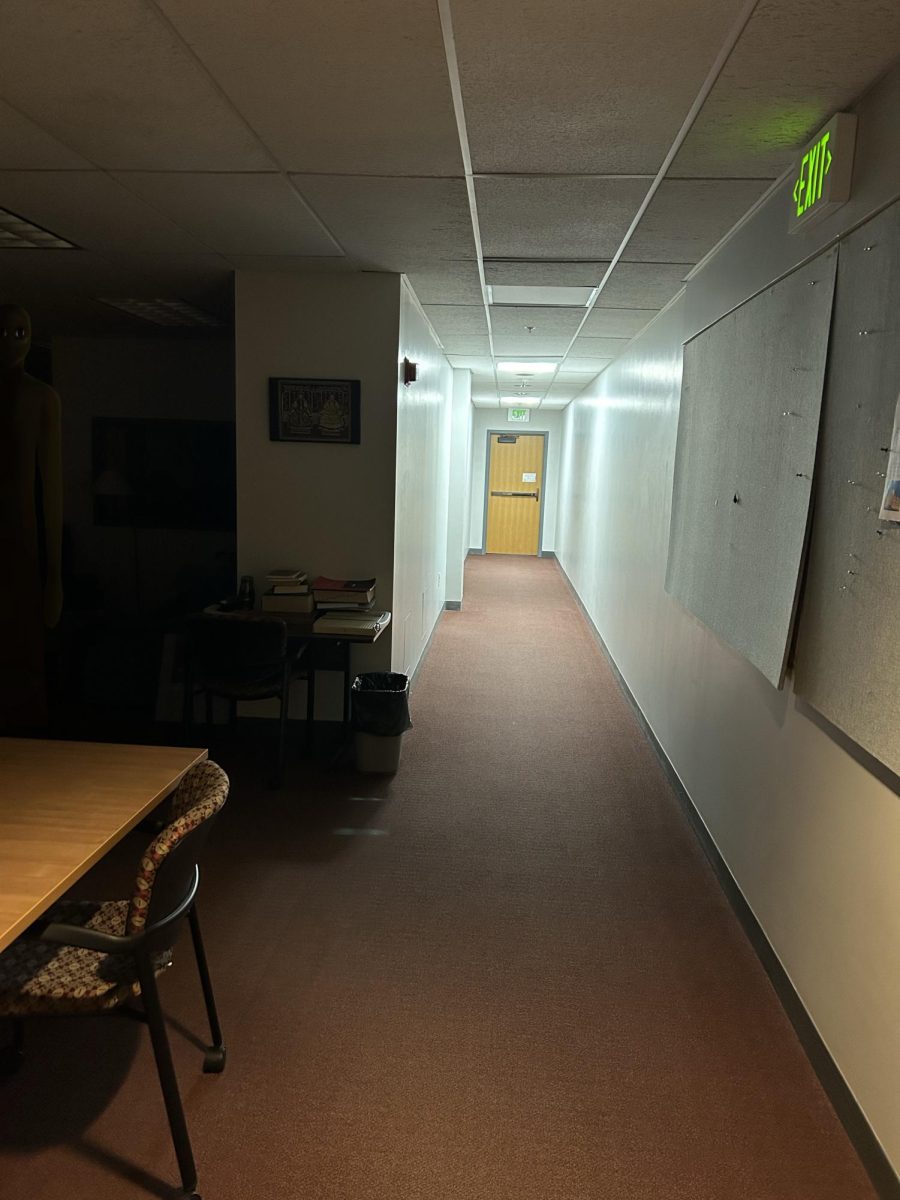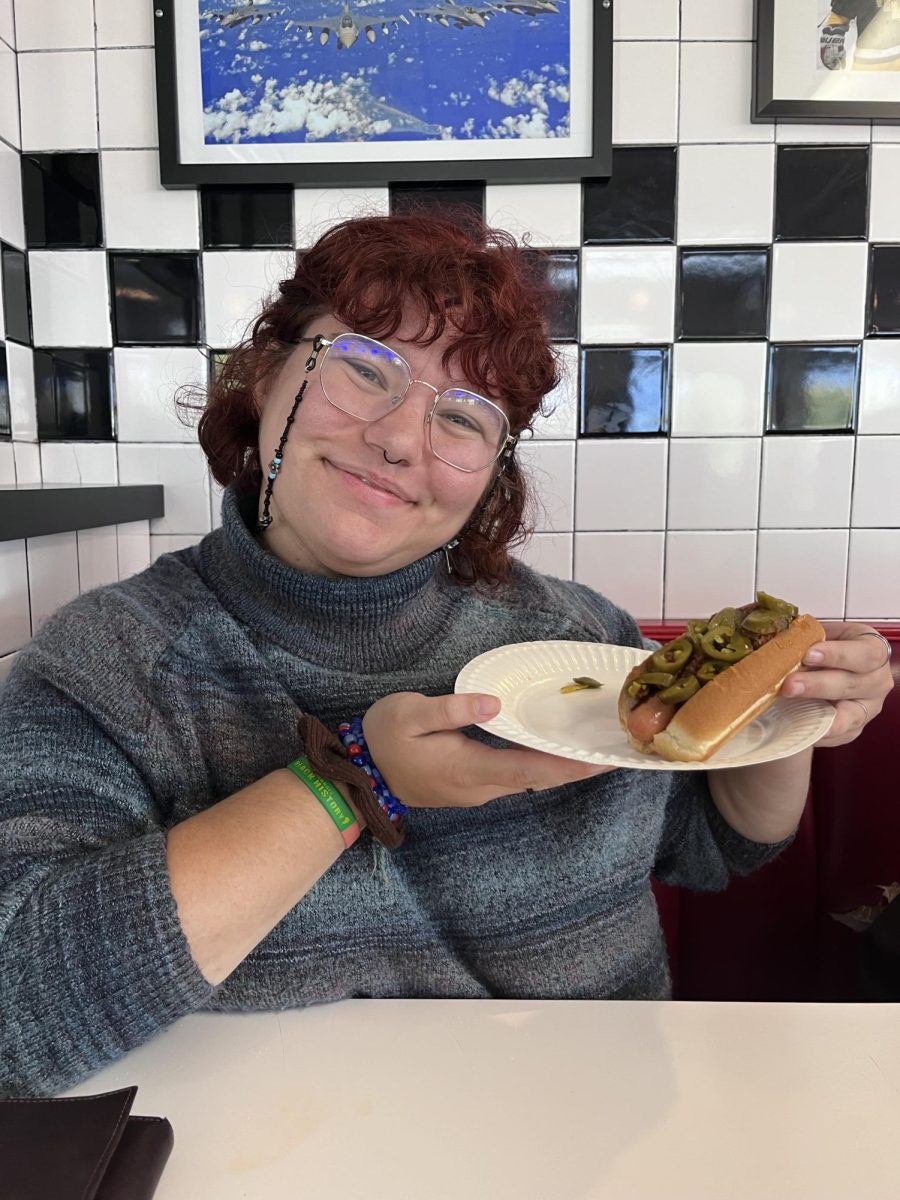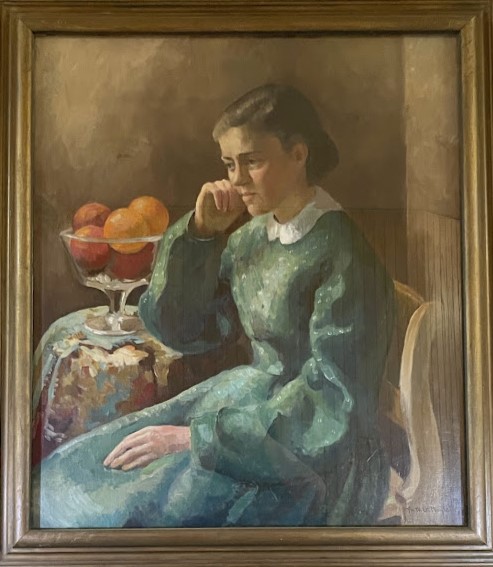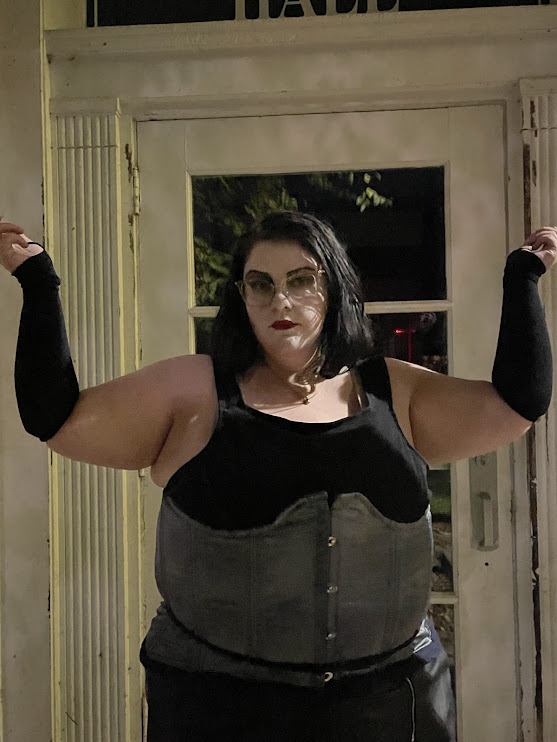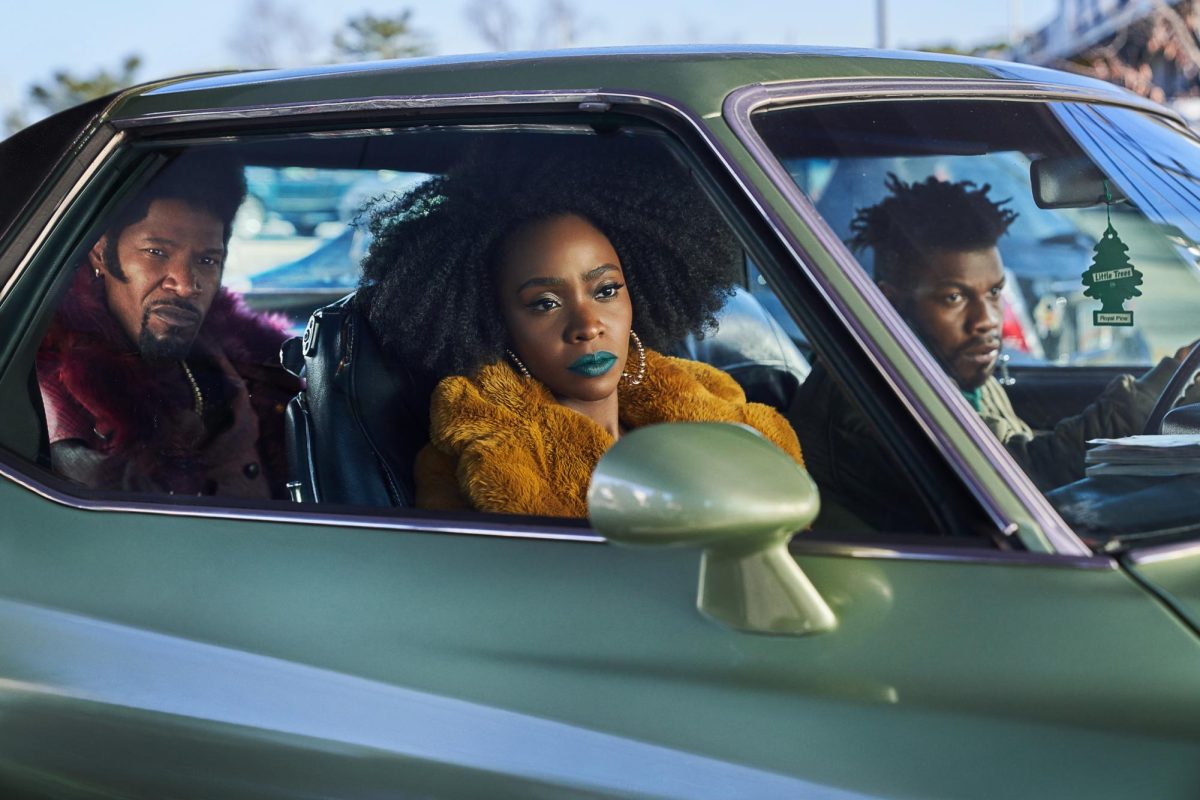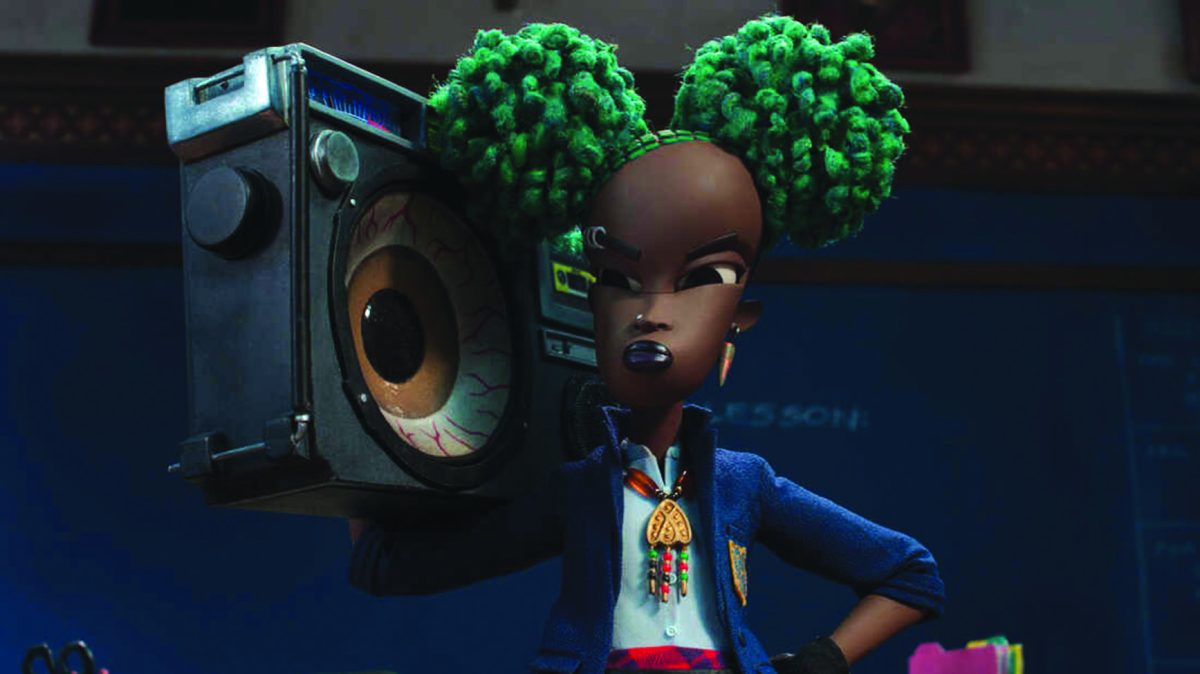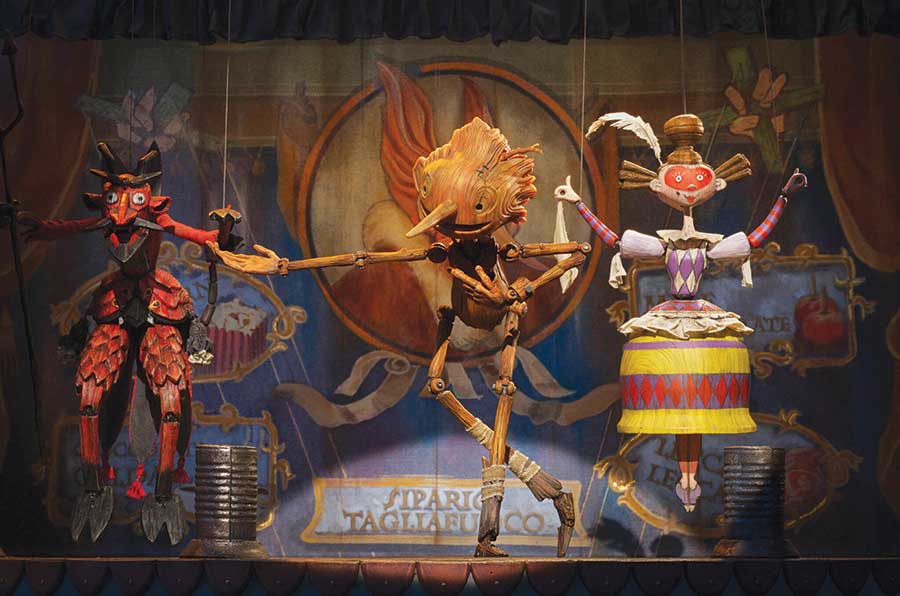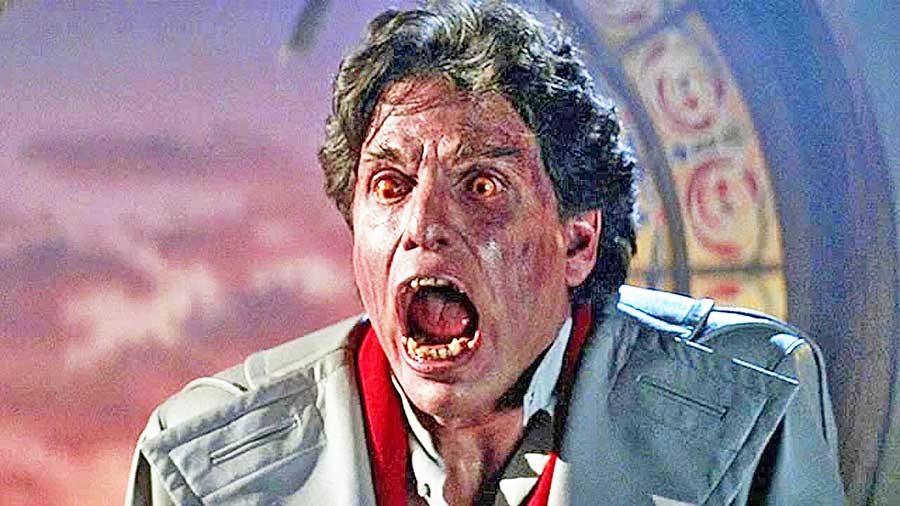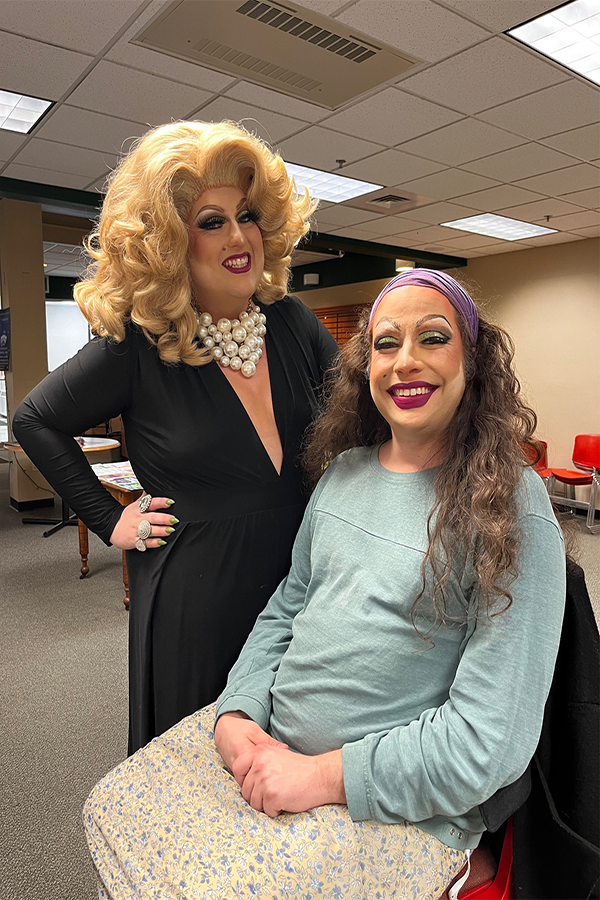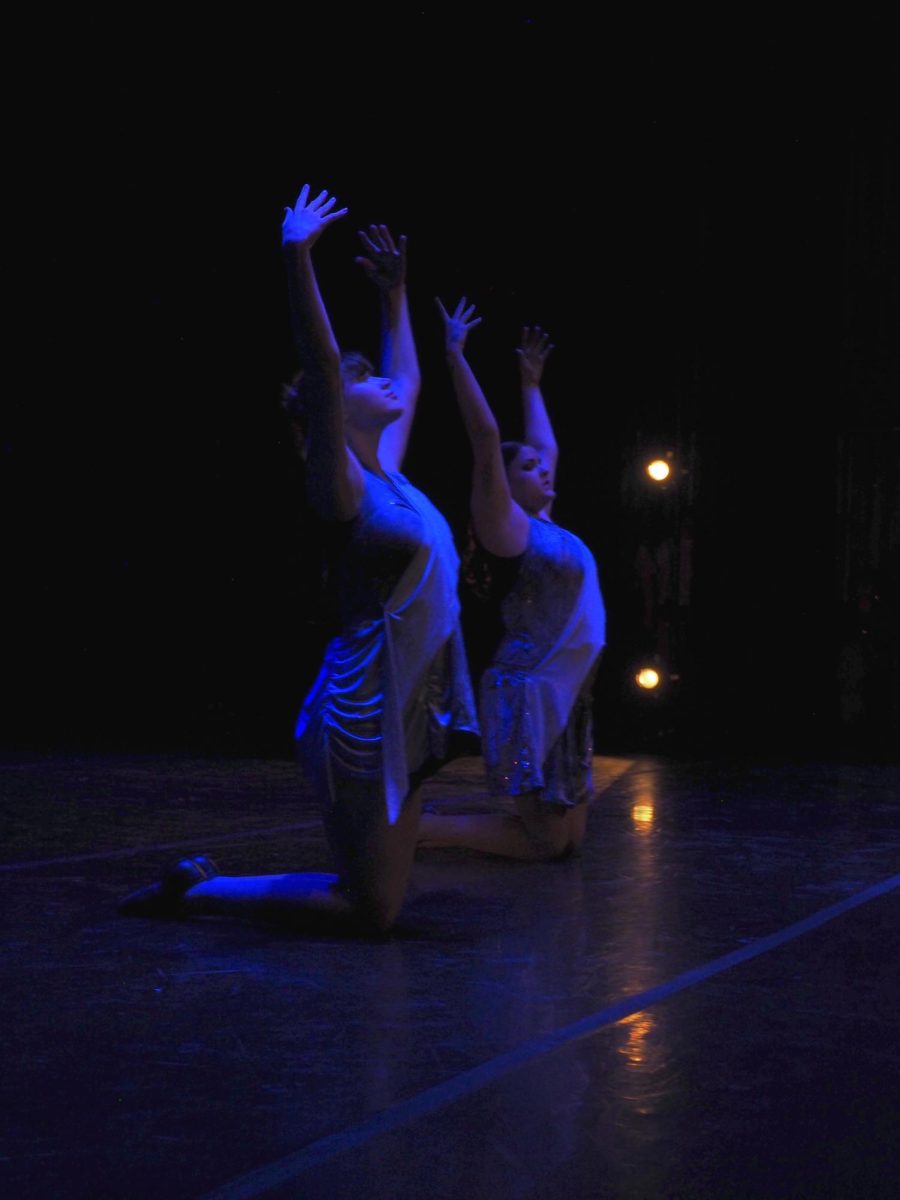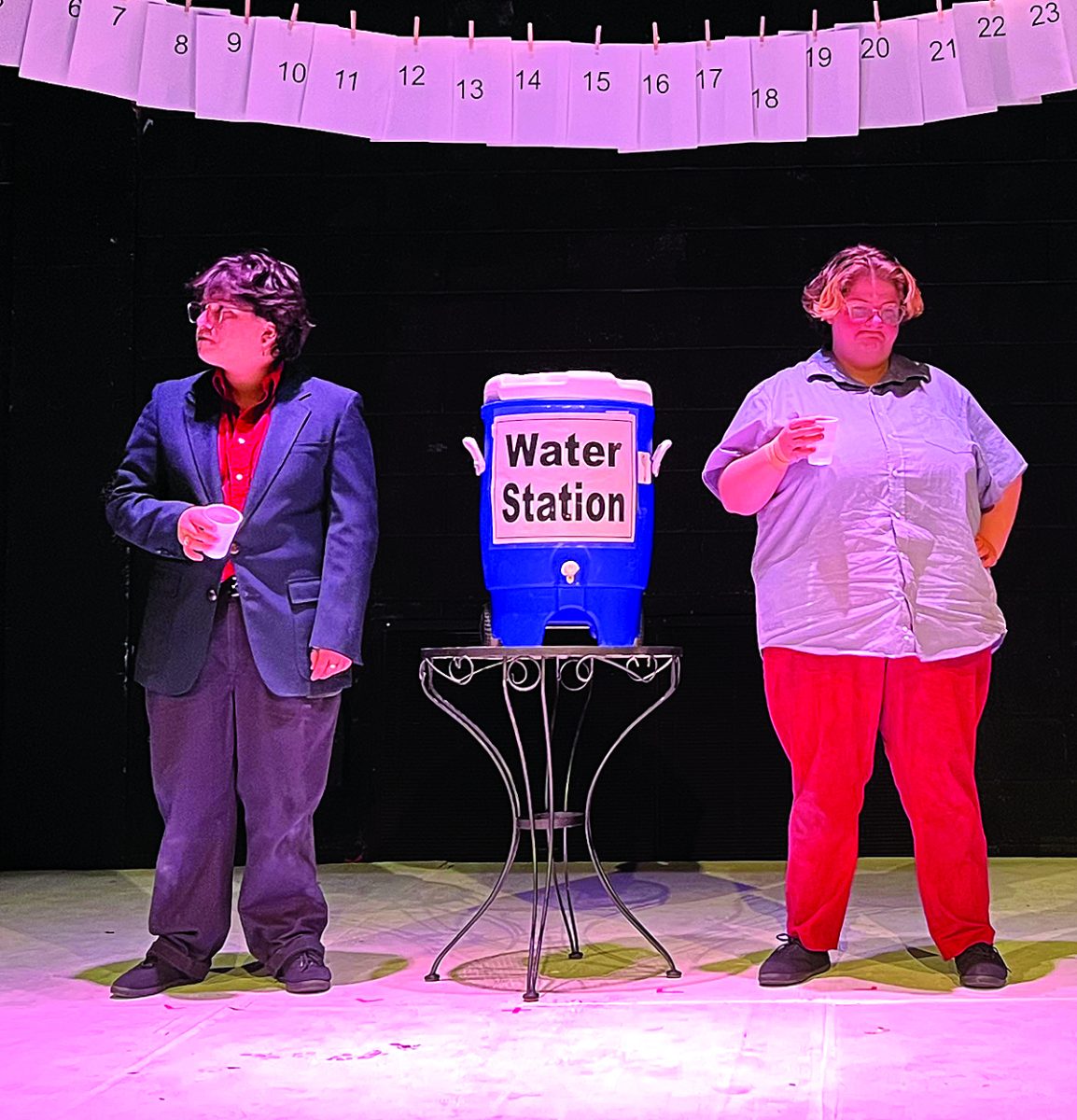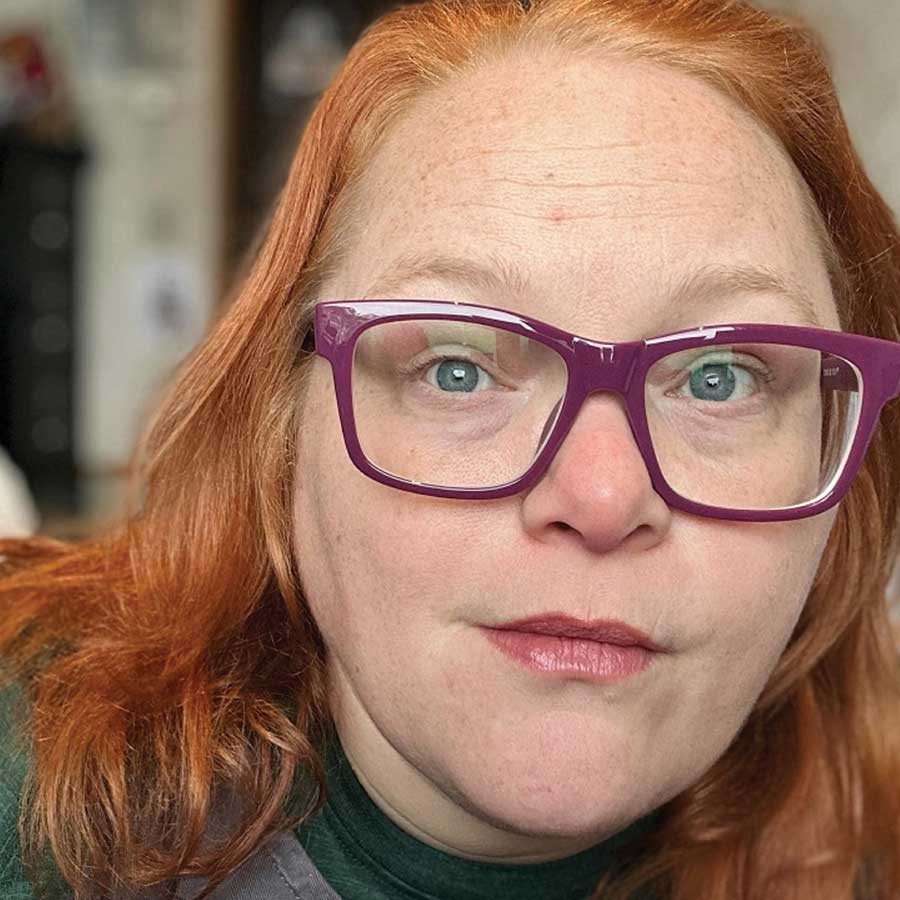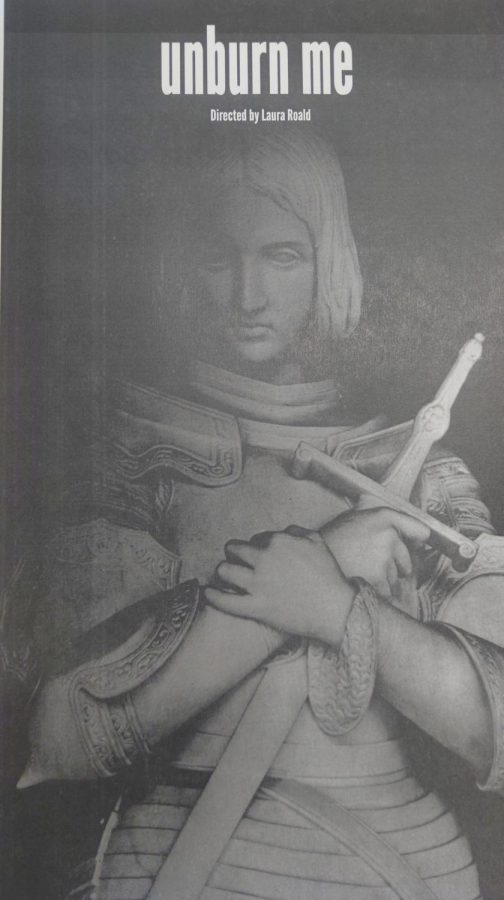Alexa. Play “Defying Gravity.”
Have you been lucky to see the new film adaptation of the 2003 Broadway musical, Wicked?
In the beginning, there were talks for the newly released film adaptation to debut in late December of 2019. But then, there were sudden handfuls of production postponements upon postponements. (M’kay. Sooo … S’Been a hot minute.) But as of this late November, after such multiple talks, cancelations, and teasers for a new film adaptation, the time has officially, and quite literally, come for the entire fanbase of Wicked.
Adapted from L. Frank Baum’s beloved classic, The Wonderful Wizard of Oz, as well as Gregory Maguire’s 1995 novel of the same name, Wicked is a musical with music and lyrics brought forth by Stephen Schwartz. Mr. Maguire is also the author behind the creation of the full Wicked Years series, which also includes Son of a Witch, A Lion Among Men, and Out of Oz. As stated on the top edge of the production’s poster, “so much happened before Dorothy dropped in.” (Well duh!)
The plot of Wicked entails a series of events between Elphaba, the Wicked Witch of The West, and Glinda, the Good Witch of the North (Or Ga-linda Upland of the Upper Uplands), as their newfound friendship is challenged by everything from their distinct personalities and beliefs to Elphaba’s impending downfall. Several nods to the 1939 film, The Wizard of Oz, appear here and there, and may easily be picked up by either those who know of the film, or those who call Hollywood film actress, Judy Garland, their absolute savior.
After soaring through its 2003 pre-Broadway try-outs at the Curran Theatre in San Francisco, the musical opened by October of the same year, at the Gershwin Theatre, with a recognizable cast consisting of Idina Menzel as Elphaba, Kristen Chenoweth as Glinda, Norbert Leo Butz as Fiyero, Michelle Federer as Nessarose, Carole Shelley as Madame Morrible and Joel Grey as The Wizard. The original production went on to receive three Tony Awards for Best Costume Design (courtesy of Susan Hilferty), Best Performance by an Actress in a Leading Role in a Musical (courtesy of Menzel), and Best Scenic Design (courtesy of Eugene Lee), seven Drama Desk Awards for Outstanding Musical, Lyrics, and Book, as well as a Grammy Award for the original cast recording. Trailing its way behind The Lion King, Wicked is currently the Broadway industry’s second highest-grossing musical.
On November 22, the new adaptation in question made its debut in movie theaters nationwide. A story with the same source material as the musical, director John M. Chu’s masterpiece is being released in two parts, with the second installment coming November 26, 2025. Playing the parts of our two female leads, we have Ariana Grande as Glinda and Cynthia Erivo as Elphaba, as they storm the big screen with their own fresh interpretations.
On “WICKED” For the Stage
If the theatre nerd inside you is getting antsy for more theatrical pieces that bring fantastical magic amongst the unknown, dopamine-inducing vocals, and engagingly relatable characters, Wicked is guaranteed to be your dream musical. The bubbly, plucky aura that is Kristen Chenoweth is your favorite musical theatre actress’s favorite musical theatre actress. From the moments of the production’s inception, according to Jonathan Kao of 9Meters, it’s been clear that Wicked had been translated as a “cultural phenomenon” which brought long lasting impacts to performance art as we know it.
One can infer that every aspect of the character writing for the good witch, as well as her vocals, was made for the ever-iconic Ms. Chenoweth and Ms. Chenoweth only. At first, the curtain rises on a clump of darkly dressed Oz-ians with twirling ribbons, and springs in their step. “Good news, she’s dead!” they sing through F# harmonies. Three key changes later … diva time.
If you know, you know. (Yes, our Arts & Entertainment Editor’s music theory brain is turning on as we speak.)
The young witch descends in Eugene Lee’s iconic bubble, crafted three times the height of the average human, hovering amongst the Oz-ians, and lets her high soprano soar through a Disney-esque “recitative” that confirms the death of Elphaba. And, if previous portrayers of Glinda, from Megan Hilty to Laura Bell Bundy, can strongly deliver the good witch’s beginning solo section, no one else like Katie Rose Clarke, who was featured in the production through a several runs can do so!
Wicked’s Fandom Wikipedia page states that Boq, a Shiz University student, is a naive and seemingly awkward Munchkin man who is known as one of Glinda’s friends, and later, becomes friends with Elphaba after taking part in the figurative “We Hate Elphaba” club. Moving toward the end of the story, Boq is also known to be the young man who eventually transforms into Tin Woodman after Elphaba casts a spell with intentions to save his life. He’s hardworking, ambitious, tries his best to be the “flirtatious ideal” around Ga-linda despite it backfiring, and is all together a living equivalent of a miniature golden doodle … with several social problems, of course. There’re a few personal things he needs work on.
Who else could have depicted such traits with a thousand times more effectiveness than actor F. Michael Haynie? Haynie had, indeed, walked so that Ethan Slater could run. (Don’t get me started…)
On “WICKED” For the Screen
Kao also states that the film had been set to remain true the Broadway musical but aimed to create expansions of certain characters and aspects of the story through the intention of releasing two parts. Simultaneously, cherry-picked nuts and bolts of Mr. Maguire’s novel have also weaved their way into the film adaptation, which gave rise to said expansions.
Although the executive decision to split the adaptation into two segments caused mixed reactions from the fanbase, producer Marc Platt had stated that such a choice had provided a leeway for the creative team to refrain from putting together a four-hour-long film or cutting memorable songs. Altogether, the team still kept their promise to keep the fanbase on the edges of their seats. Such a promise especially shows through more than just the already prominent sea of TikTok’s showing choreographic reenactments of the number “What Is This Feeling.”
At rise, the camera pans its way toward a gleeful sea of munchkins running through floral fields and tearing down a series of multiple posters, that warned the public of Elphaba’s coming, to celebrate the death of the witch. Several milliseconds ahead, the ethereal, echoey soprano that is Ms. Grande’s vocals soars amongst the stratosphere, and she makes her descent toward the main square of Munchkinland. In the words of Adele from a previous episode of Saturday Night Live, “Ladies and gentlemen … H.E.R.”
Ms. Grande’s on-screen presence as Galinda was complete with a perfected combination of elegance and pluckiness which gives her a well-deserved pass for efforts in capturing the true essence of the good witch. Even with the creative team’s addition of ShenShen (played by Ms. Bronwyn James), Minkos of the Gillikinese population of OZ, and Pfannee (played by Mr. Bowen Yang), a young munchkinlander, as Galinda’s “conniving compatriots” from 1995 novel, the whole of Ms. Grande’s interpretation astoundingly emphasizes, and expands upon, her objectives and motivations: To cultivate a wide-spread following, become the “it-sorcerer,”and above all … literally be “very very pop-uuuu-lar.”
Played by Cynthia Erivo, Elphaba Thropp is the heroine of the story who, despite all societal bias and ongoing discrimination against populations of anthropomorphic animals, learns to fight for her true self and her beliefs. According to USA Today, Ms. Erivo is the second African American actress in the role, following Ms. Saycon Sengbloh, a previous portrayer for Elphaba on Broadway.
One of the many key differences that set the movie apart from the 2003 musical is a new flashback on Elphaba’s childhood. The scene had been set with Young Elphaba, played by Karis Musongole, telling the story of Oz’s Wizard to a young Nessarose, played by Cesily Collette Taylor, only to be interrupted by a group of petty munchkin children. Although the addition of such scenes may render the entirety of the film as overly extended snippet of the story with no proper ending, the film’s extension of Elphaba’s upbringing deserves an “A+” for encapsulating the human being that others didn’t have the space to recognize Elphaba as.
For more honorable mentions, Maddie Ellis and Donna Farizan of TODAY state that of the plethora of past on-stage portrayers for the role of wheelchair-bound Nessa, Marissa Bode is the first actor who is also a wheelchair user to portray the role throughout its 21+ year run.
Meanwhile, back at the Emerald City: Enter Ms. Menzel and Ms. Chenoweth as they make their way onto an open stage during a performance of Wizomania, a narrative-based operetta that tells the story of Oz’s Wizard himself. Encroached in costume designer Paul Tazewell’s shades of vermillion and purple finery, they are dubbed by the dramaturgical confines of Wizomania as the “wise ones.” Or, as stated in IMDB’s cast roster, the Wizomania superstars.
Cue the backup “aaahs.”
As the majority of Wicked’s fanbase, film version or otherwise, already knows, Elphaba and Glinda’s story is considered one of the utmost essential foundations behind how musical theatre as an art form is recognized. With the appearance of John M. Chu’s adaptation translated for the screen, laden with re-imagined bits and pieces of Ozian-coded lore, all film direction, design, and acted interpretations are now reinforcing themes of friendship, identity, and strife, in an emotionally stronger way.
“So if you care to find me,
Look to the western sky!
As someone told me lately,
Everyone deserves a chance to fly!”
Categories:
Holding Space: 2024 WICKED Film V. The Musical
Heike Chaney
•
December 9, 2024
More to Discover
About the Contributor
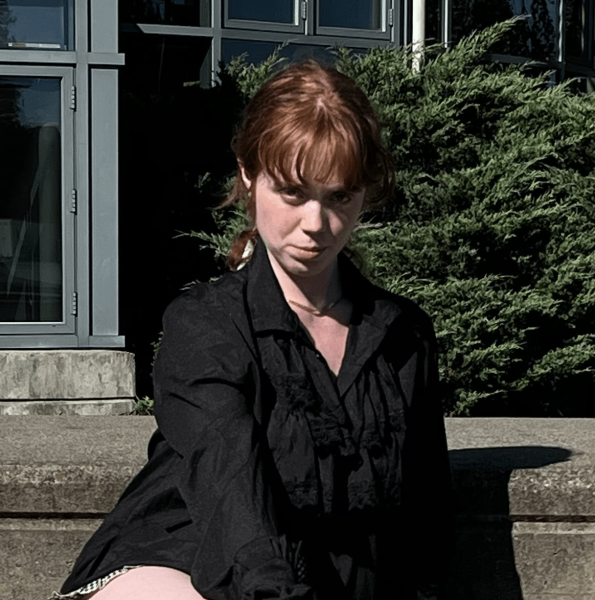
Heike Chaney, Staff Writer, Arts & Entertainment Editor
Senior, Interdisciplinary Studies (Music, Theatre & Human Connections)
Based in Hartford,
VT 2023-2025
-x-
I do theatre things sometimes… ;)


